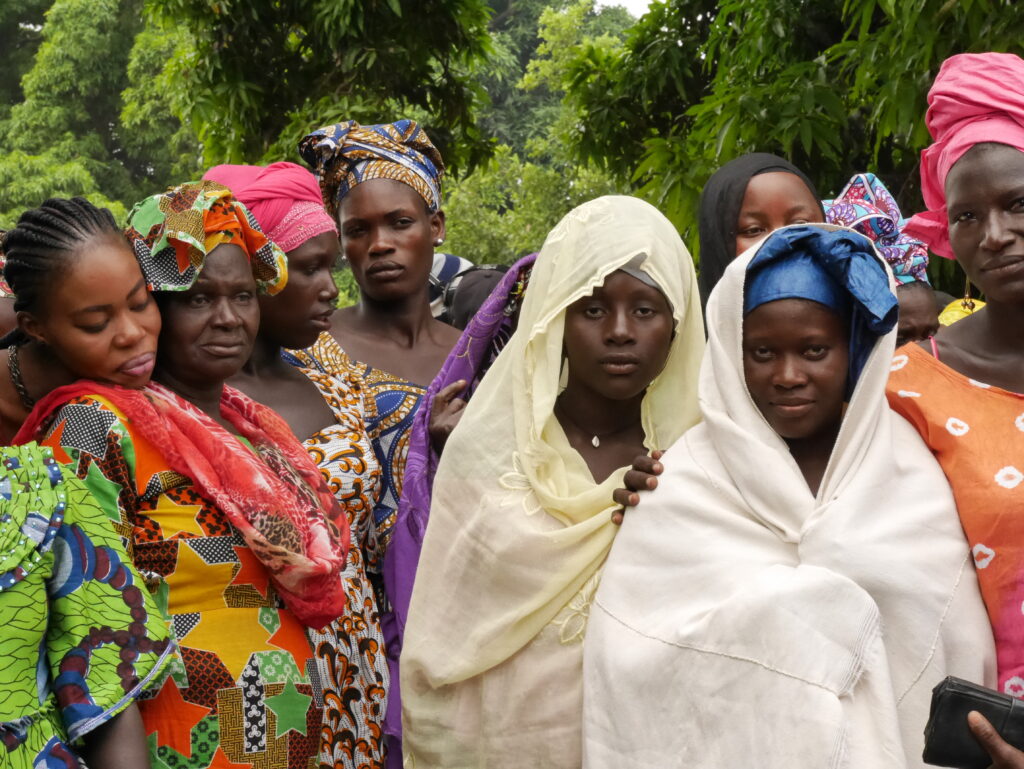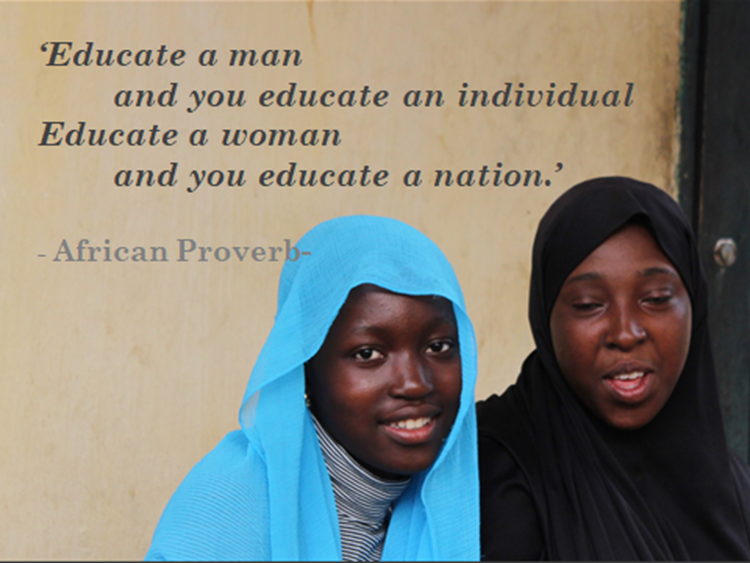Dimbayaa
‘Dimbayaa’ is a word in Mandinka meaning ‘family’, or ‘someone who has children’. In the Gambia, people may wish you ‘Good Dimbayaa’, ‘a healthy family’…

Infertility; The Facts Infertility affects millions of people of reproductive age worldwide. It is estimated that one in 6 people globally (48 million couples and 186 million individuals) live with infertility.
In sub-Saharan Africa the situation is worse; Up to 30% of women aged 25–49 suffer from secondary infertility, the failure to conceive after an initial first pregnancy. (WHO demographic studies 2004)
For more information about Infertility; Causes, Treatment and Prevention
Infertility in Developing countries In many third world countries, the inability to conceive is not only a personal tragedy but cultural and economic aspects often make it even harder.
Many countries lack social security systems, and people often never have a chance to secure any kind of pension. So they are economically depending on their children for their later years of life.
Throughout the world in many countries the main role of the woman is still to become a mother. Without children a woman is often considered to be worthless. Therefore it is the woman who carries the blame, the shame, and the burden of the couple’s inability to conceive.
Without children you may be seen as ‘cursed, or ‘bewitched’. Infertility can lead to stigma, economic hardship, social isolation, or even violence.
Read more about The Impact of Infertility
Infertility in Gambian Tradition Unlike the Western world, where the topic of infertility is openly discussed and help and information is widely available, in the Gambia infertility very often is taboo.
Infertility is not considered to be a medical problem but causes, and also remedies, are often sought in the spiritual world. Women may seek help from spiritual healers, or herbalists or they may visit sacred places like the Katchikaly Crocodile Pool in Bakau.
Keep reading if you like to learn more about the Cultural Beliefs on Infertility in The Gambia
Awareness & Education One of our goals is to help educate the women in the Gambia so that they can feel empowered with the knowledge and ultimately they themselves can make a change. Our main inspiration on this journey are the women you see in the video below.
Read on about Awareness & Education
Sexual en Reproductive Health & Rights (SRHR) Sexual and reproductive health and rights involves tackling problems such as female genital mutilation (FMG), polygamy, child mortality as well as infertility.
Even though the right to sexual and reproductive health care is an integral part of human rights adopted by the international community, infertility in Africa often still remains a neglected health issue.
Every human being has a right to the enjoyment of the highest attainable standard of physical and mental health. Individuals and couples have the right to decide the number, timing and spacing of their children. Addressing infertility is therefore an important part of realizing the right of individuals and couples to found a family. (WHO 2020)
